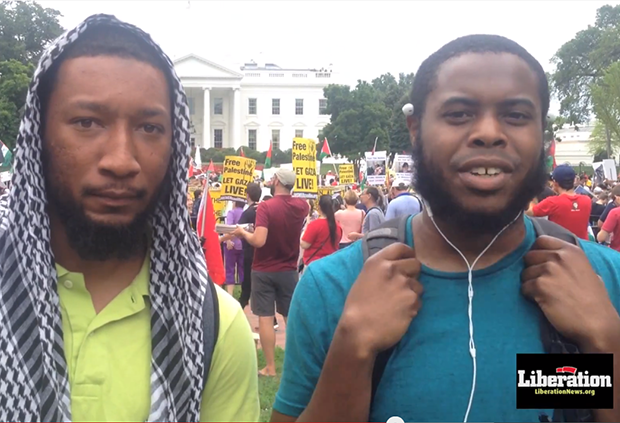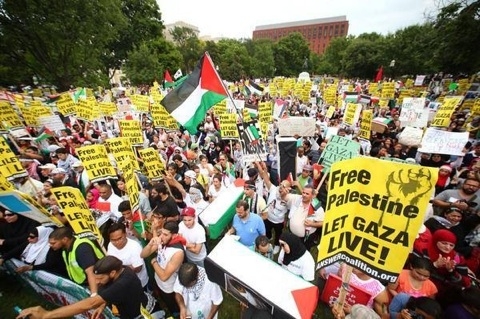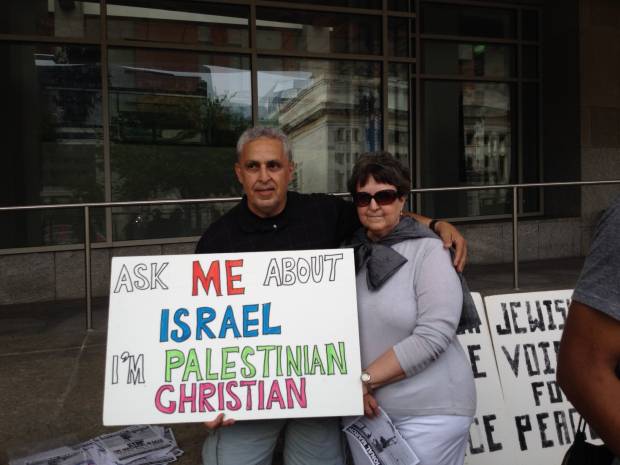On Feb. 23, the Washington, D.C., branch of the Party for Socialism and Liberation participated in a panel discussion forum entitled “Socialism: Dispelling the Myths.” The event was organized by the All African People’s Revolutionary Party and held in the Blackburn Center at Howard University.
 Akufuna Sitali Ngonda of the PSL |
The panel featured two guest speakers: Patricia Pego Guerra, first secretary of the Cuban Interest Section, and Marcos Garcia, second secretary of the Embassy of the Bolivarian Republic of Venezuela.
Prior to the featured presentations, solidarity statements were made by several sister-socialist organizations.
“What distinguishes socialists from other socially concerned people is that we do not view the problems faced today as normal, natural, eternal, or an inherent feature of the human condition,” said Akufuna Sitali Ngonda of the PSL. “We believe that these problems are historically and socially created and that they can be solved by human beings through organized political struggle and mass action.”
Ngonda went on to say, “[W]e argue that the wealth and other advances produced by industry, technology, and science have made it possible to eliminate these problems. … These pressing issues continue because of the dominant economic and socio-political interests of capitalists. We firmly assert that capitalism is ultimately the main source of these problems in the United States and the world today.”
Secretary Guerra from Cuba gave a detailed analysis of how the country’s socialist system has enabled the country to meet not only Cuba’s domestic needs—in spite of the brutal ongoing U.S. economic blockade—but also to provide crucial assistance to oppressed countries around the world.
“Since 1961,” Guerra said, “Cuba has sent more than 350,000 volunteers, including 130,000 health care workers, to assist 157 countries. Cuba has also provided free education to 170,000 students from 132 countries around the world,” said Guerra.
Secretary Garcia explained that many developments contributed to the conditions in Venezuela today, including the election of President Hugo Chavez in 1998, the failed coup against him in 2002 and the subsequent reorganization of the government and economy. In the wake of those developments, “the Bolivarian Revolution has been able to set up the kinds of social and economic institutions that have provided real progress for the Venezuelan people,” said Garcia.
The event also served to commemorate 142 years since the birth of Dr. W.E.B. Dubois, whose life spanned the eras of Reconstruction to Civil Rights, during which time he made profound contributions to the Black Liberation struggle in the United States.





